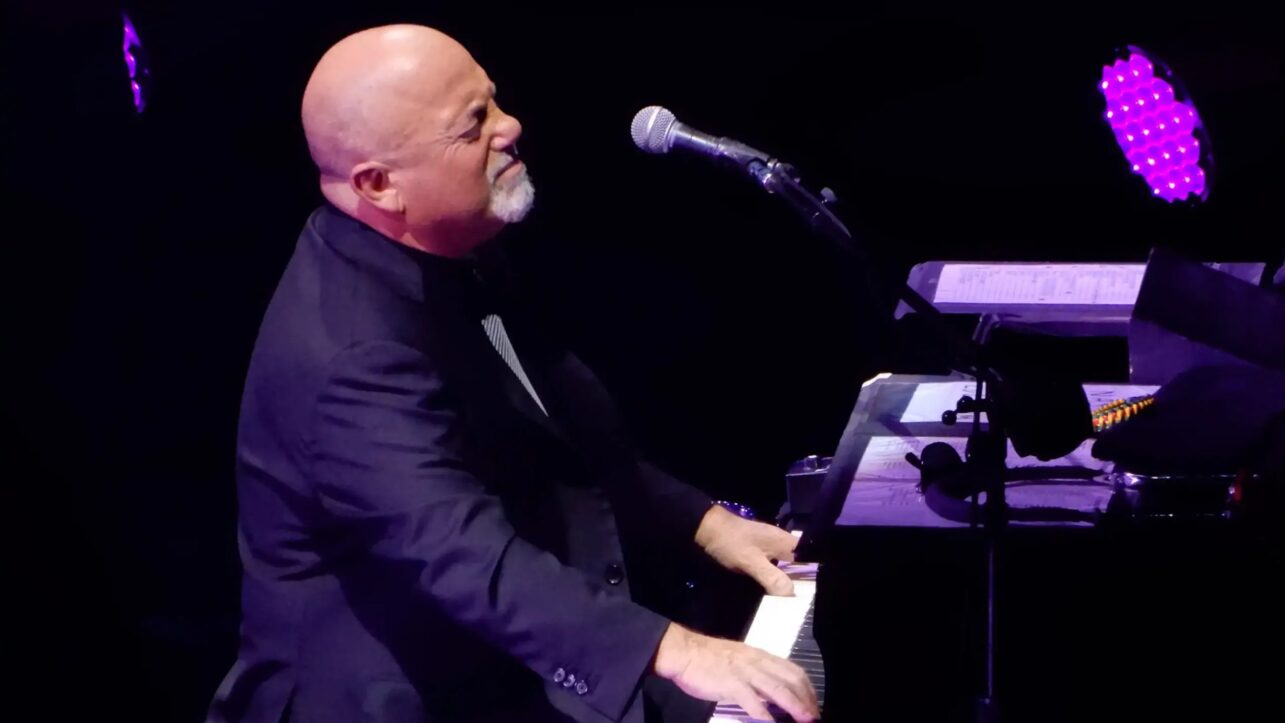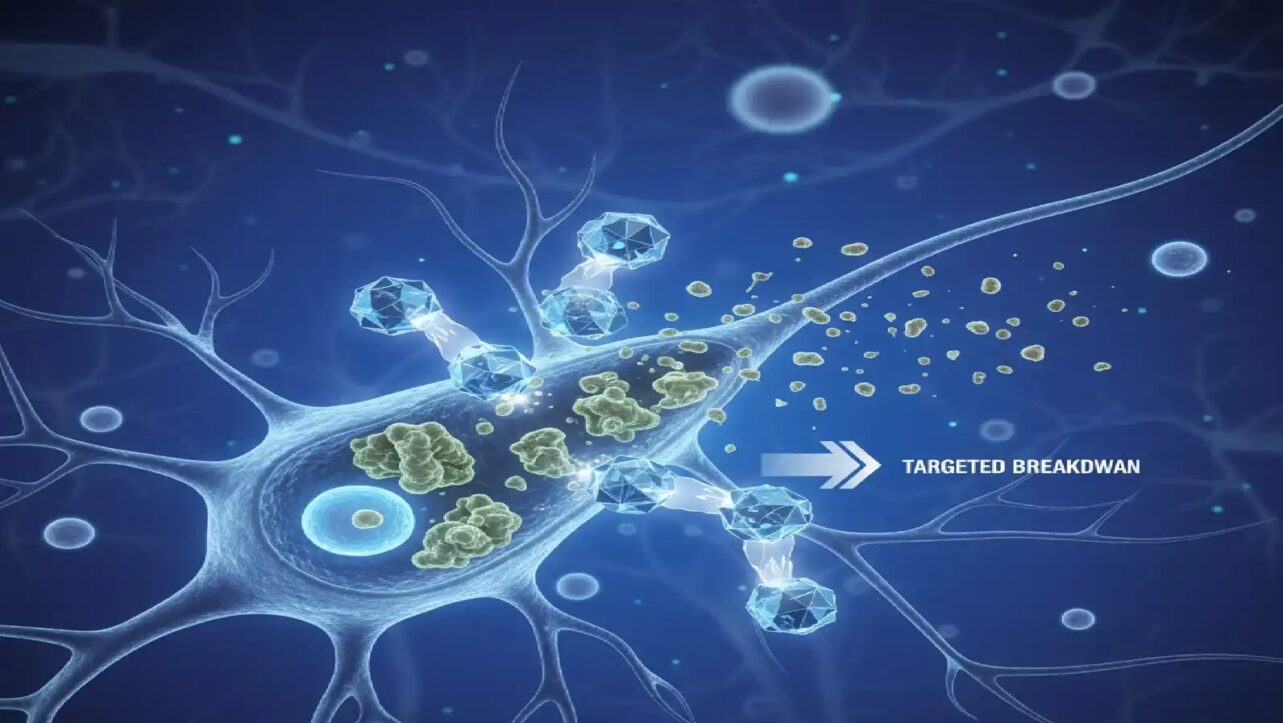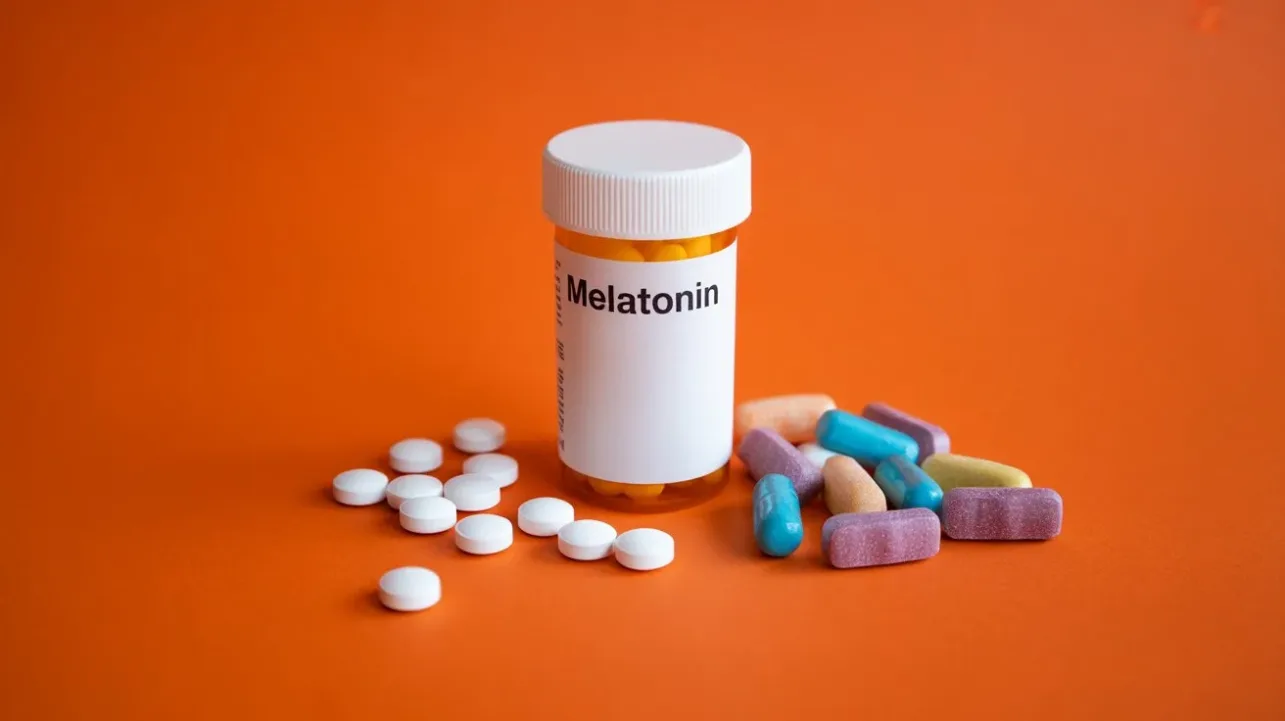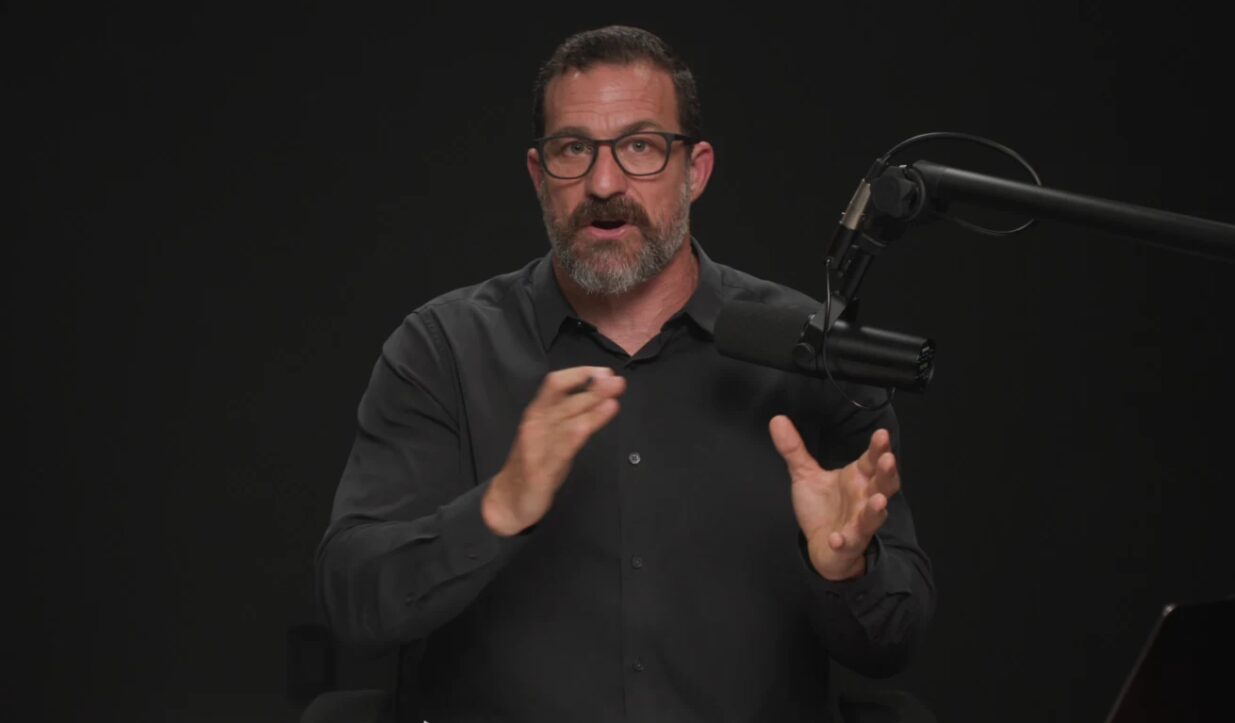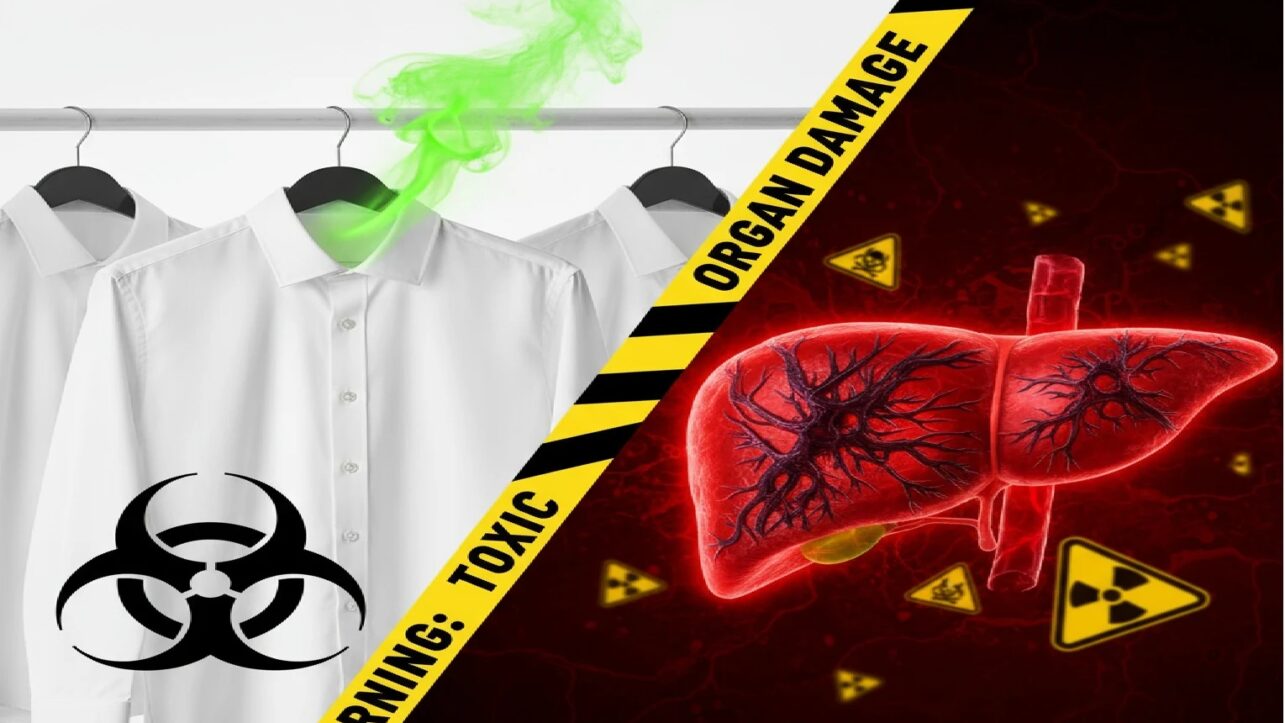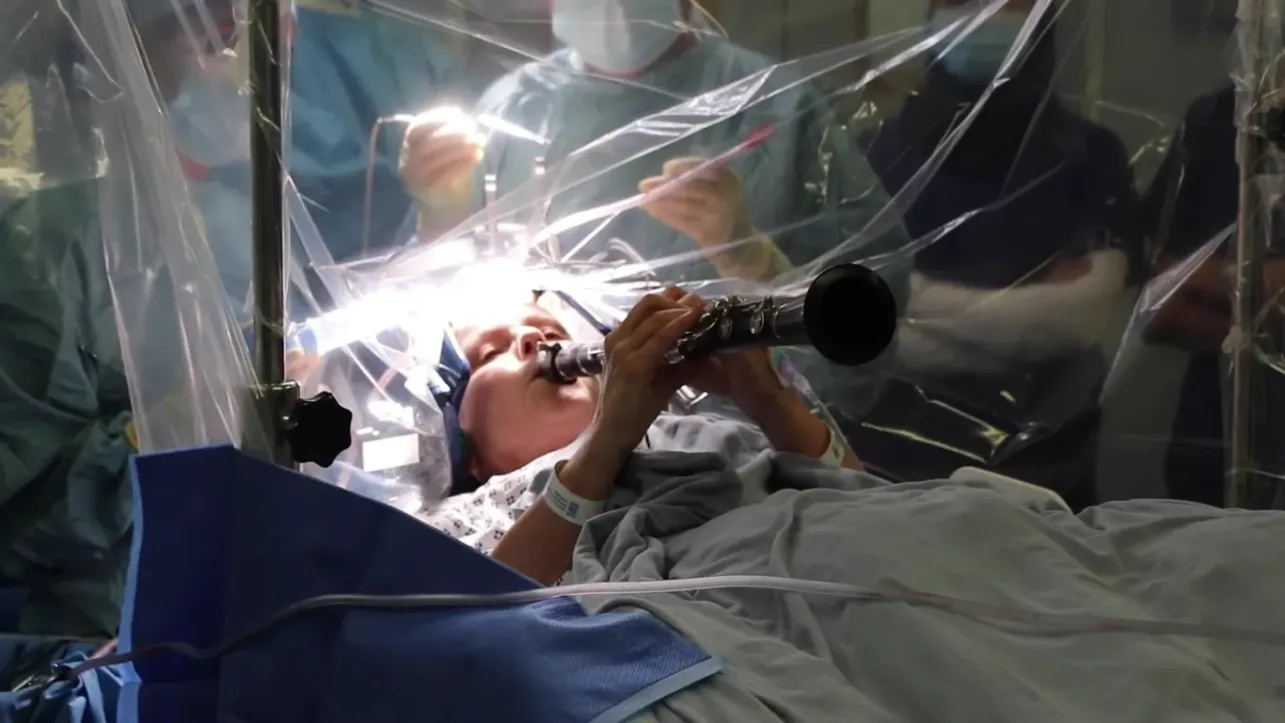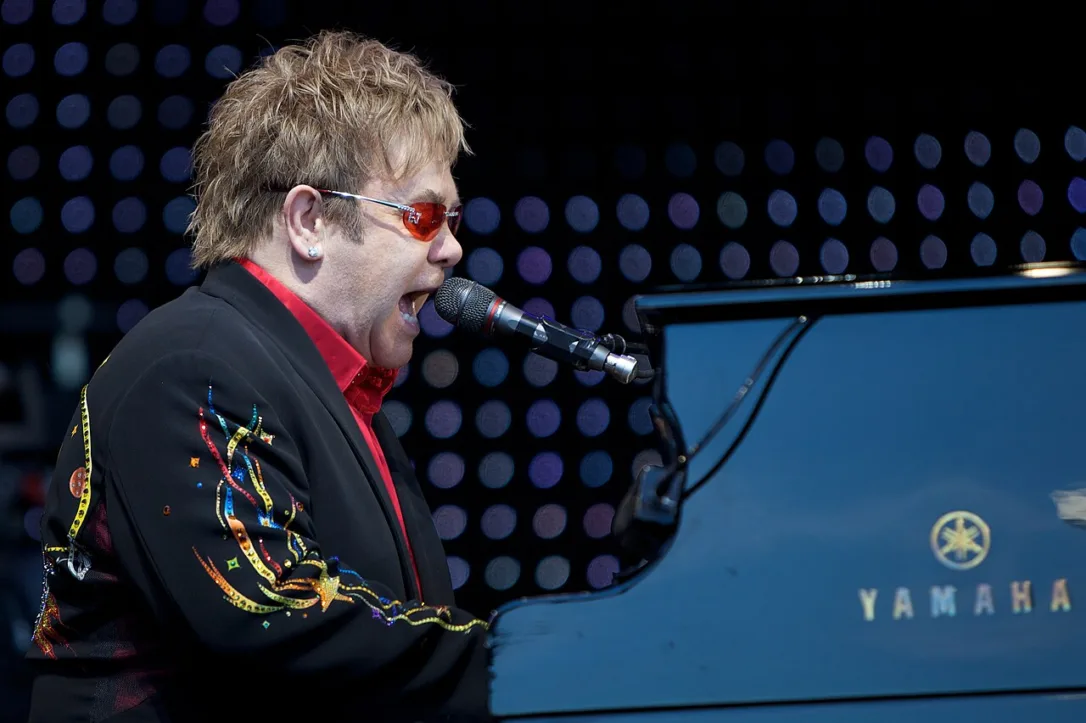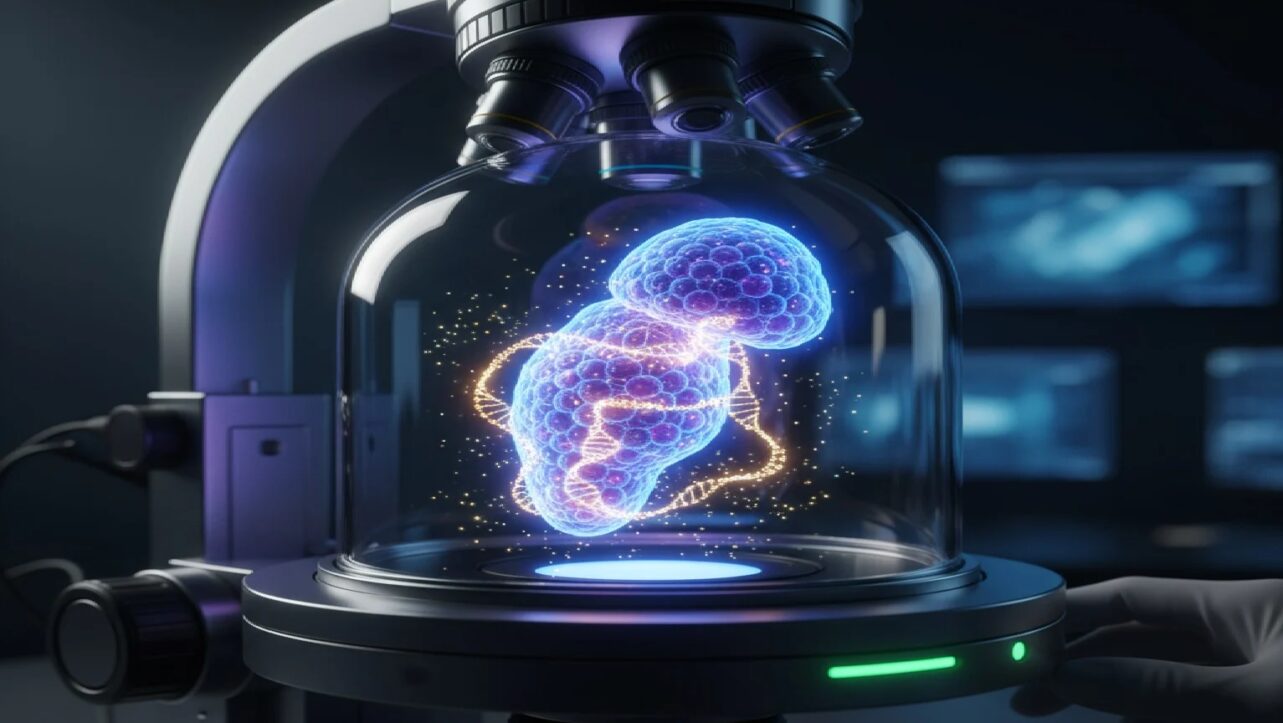Music legend Billy Joel appears to be maintaining a positive outlook and strong mental health five months after his Normal Pressure Hydrocephalus (NPH) diagnosis, as evidenced by his recent social media engagement and active participation in pop culture conversations.
Recent Social Media Activity Reflects Cognitive Improvement
Between October 22-24, 2025, the 76-year-old “Piano Man” demonstrated sustained cognitive engagement through multiple Instagram posts that suggest positive mental health during his recovery period.
On October 22, Joel shared a heartfelt birthday tribute to his youngest daughter Remy Anne, who turned 8 years old. “Happy Birthday Remy Roo! We love you so much and we are so proud of you too!” he posted, accompanied by a carousel of photos showing Remy’s growth over the years, including images of her with sister Della Rose at his piano during performances and a hospital photo from her birth.
Two days later, on October 24, Joel posted a humorous clip from the television series Gilmore Girls where actress Melissa McCarthy’s character references his appetite, captioning it: “Lunch at the Dragonfly Inn and Billy as the soundtrack makes for a perfect fall day 🍂 #NameCheckBillyJoel“.
These posts are significant health indicators for NPH patients, as the condition affects cognitive function, memory, and emotional processing. The ability to remember important family dates, curate meaningful photo collections, and engage with pop culture humor all suggest maintained cognitive functioning during treatment
Understanding Joel’s Diagnosis and Treatment Journey
Joel publicly revealed his NPH diagnosis in May 2025, announcing the cancellation of all scheduled concerts through July 2026 after the condition was “exacerbated by recent concert performances, leading to problems with hearing, vision, and balance“. Normal Pressure Hydrocephalus is a neurological disorder characterized by abnormal cerebrospinal fluid (CSF) buildup in the brain’s ventricles, creating a constellation of symptoms that often mimic dementia.
The condition typically presents with Hakim’s triad: gait disturbances, cognitive impairment, and urinary incontinence. Joel specifically described his balance issues as feeling “like being on a boat” constantly. “My balance is terrible. It’s like being on a boat,” Joel explained during a July appearance on Bill Maher’s “Club Random” podcast.
Physical Therapy and Recovery Progress
Under his doctor’s guidance, Joel began undergoing “specific physical therapy” and was advised to refrain from performing during his recovery period. By mid-July 2025, Susan Lacy, co-director of Joel’s HBO documentary Billy Joel: And So It Goes, reported that the singer has been “doing physical therapy, he’s healing, he’s working on getting better“.
Joel himself provided a candid health update in July, telling People magazine: “I know a lot of people are worried about me and my health, but I’m okay. What I have is something very few people know about, including me, no matter how much you try to research it“. He acknowledged that while his condition “is not fixed,” progress is being made and he remains hopeful about eventually returning to the stage.
NPH: A Treatable Form of Dementia
Unlike many neurodegenerative conditions, NPH is often referred to as a “treatable dementia” and is one of the few conditions that can potentially be reversed with appropriate treatment. The standard treatment involves surgical implantation of a shunt system to drain excess cerebrospinal fluid from the brain to another part of the body, typically the abdominal cavity.
Dr. Matthew Potts, associate professor of neurological surgery at Northwestern University Feinberg School of Medicine, emphasized the importance of accurate diagnosis: “NPH has a treatment, which is draining excess fluid from the brain using a surgically inserted shunt. The important thing is getting the right diagnosis“. The shunt procedure is relatively straightforward neurosurgical surgery completed in less than one hour, and many patients experience significant symptom improvement following the procedure.
Public Awareness and Misdiagnosis Concerns
Joel’s openness about his diagnosis has brought crucial attention to a widely under-recognized condition. The Hydrocephalus Association estimates that approximately 800,000 older Americans may be living with NPH, with more than 80% of cases remaining unrecognized or misdiagnosed as Alzheimer’s disease or Parkinson’s disease.
Diana Gray, President and CEO of the Hydrocephalus Association, commended Joel’s transparency: “Mr. Joel’s openness about his diagnosis not only sheds light on NPH, but also emphasizes the importance of early detection and intervention. Sadly, many older adults are either undiagnosed or misdiagnosed as having Alzheimer’s Disease or Parkinson’s Disease and may never have the opportunity to get the appropriate treatment they deserve“.
Positive Mental Health Indicators
Despite the serious-sounding diagnosis, Joel has consistently worked to ease fans’ concerns about his prognosis. “They keep referring to what I have as a brain disorder, so it sounds a lot worse than what I’m feeling,” Joel stated, adding, “It was scary, but I’m okay. I just wanted to let people know, don’t worry about me being deathly ill or anything“.
His recent Instagram activity and maintenance of his sense of humor all suggest positive mental health and cognitive functioning during his recovery period. Medical experts note that such engagement can be both a sign of recovery and a therapeutic tool for maintaining cognitive function during neurological treatment.
Long-Term Prognosis and Hope for Return
While Joel’s immediate performing career remains on hold through 2026, his ongoing physical therapy, positive attitude, and demonstrated cognitive engagement offer encouraging signs for his long-term recovery. NPH patients who receive appropriate treatment, particularly when diagnosed early, often experience significant improvement in symptoms and quality of life.
The Hydrocephalus Association expressed hope for Joel’s future: “We wish Billy Joel a full and swift recovery and look forward to the day he returns to the stage. His resilience and transparency serve as an inspiration to many, and we stand with him and all those affected by hydrocephalus”.

